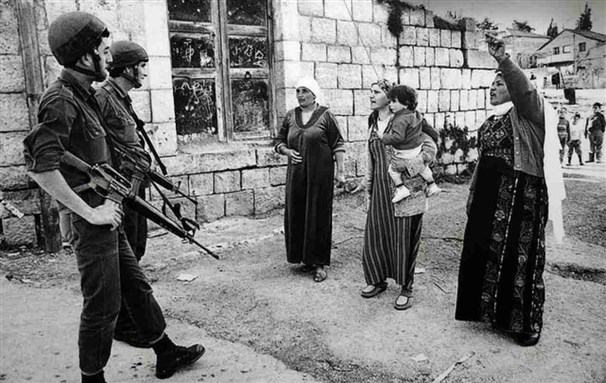Author: Dominika Blachnicka-Ciacek
Affiliation: SWPS University of Social Sciences and Humanities, Poland
Organization/Publisher: Emotion, Space and Society (Elsevier)
Date/Place: 2020/Amsterdam, Netherlands
Type of Literature: Research Paper
Number of Pages: 7
Link: https://www.sciencedirect.com/science/article/pii/S1755458619302658
Keywords: Memory, Body, Space, Violence, Migration, Occupation, Palestine
Brief:
This article focuses on the experiences of those Palestinians who didn’t share the same fate as the refugees of 1948 and 1967. They were born and raised inside the occupied Palestinian territories, in East Jerusalem, the West Bank or Gaza. When the Nakba generation born in the camps of Jordan, Syria and Lebanon were asked about their memories of Palestine, they referred to the beauty of the land that was lost with their displacement. On the other hand, for Palestinians who grew up in the West Bank and Gaza, there was no mention of such idealized images like the former. Instead, their memories were dominated by the Israeli occupation and the interviewees were constantly referring to their bodies when they recalled growing up in Palestine. Their bodies are carrying the trauma of a violent past into the present. The occupation has casted a shadow on all aspects of their childhood and adolescence, and displaced any other type of memory. This article examines how these ‘body memories’ continue to affect their present, arguing that the memories of past violence need to be considered when analyzing how migrants transition to new environments. The arguments presented in this article are based on a two year multi-sited ethnography, which included oral histories from three generations of Palestinian refugees and migrants as well as their descendants who are now living in the UK and Poland.
By: Saima Rashid, CIGA Research Assistant




